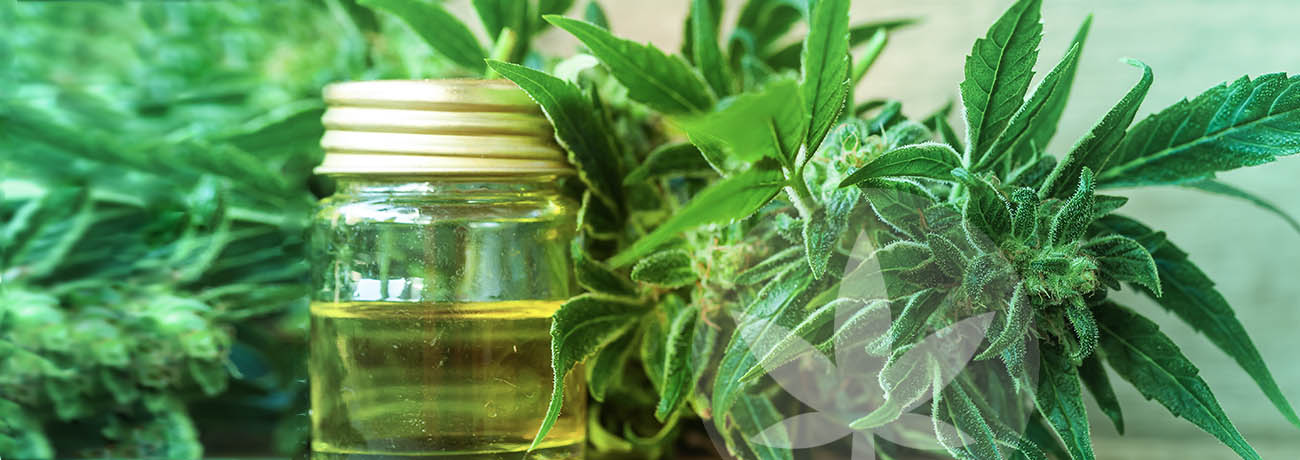Can CBD Treat Sinusitis?
Last updated:
Published:
What is sinusitis?
Many people are all too familiar with how it feels to have sinusitis as the condition is, unfortunately, widespread. This swelling of the sinuses causes a buildup of mucus that puts pressure on the sinus cavities. Depending on where the buildup occurs, the pain may result in strain around the eyes, headaches, swelling, or an inability to breathe through the nose. Sinusitis is the result of an infection, either viral or bacterial. Fungi-induced sinusitis can also occur, but this is usually the result of an underlying allergy that develops into sinusitis.
Cases of sinusitis are well into their millions and typically affect adults, although cases of children with sinusitis do exist. Some instances can last several months, but the condition is considered to be acute rather than chronic. Those who suffer from chronic sinusitis are classified as having the condition for longer than 90 days, or recurring within a 10-day period.
Current treatments for sinusitis
In the majority of cases, antibiotics are used to treat acute sinusitis. If the condition becomes chronic, then topical steroids and even surgery may be used to try and drain the sinuses. With issues surrounding the persistent use of antibiotics on the rise, researchers have been looking at alternative means of treating sinusitis. Given that inflammation is a key mechanism in both the onset and treatment of sinusitis, the endocannabinoid system has become a critical focus due to its influence on our immune and inflammatory systems.

What is the link between the endocannabinoid system and sinusitis?
Our endocannabinoid system is made up of a complex array of receptors. These receptors are found throughout parts of our digestive system, specific areas of our brain, and most importantly, our immune and nervous systems. Activation of these receptors, either via cannabinoids like CBD or endocannabinoids produced internally, causes a range of biological effects. One area that cannabinoids have shown some effectiveness is in the reduction of inflammation.
This reduction has been observed in the inflammatory response caused by aspirin-exacerbated respiratory disease (AERD). AERD is a chronic medical condition that includes asthma, sensitivity to aspirin, and sinusitis. The study found that activation of CB2 receptors linked to the ECS lead “to decreased type 2 inflammation”. The researchers went on to add that suppression of the CB2 receptor may be related to airway inflammation in AERD. Despite the potential shown by the results of this study, the researchers were quick to acknowledge that additional studies were needed to validate the therapeutic potential of cannabinoids in the treatment of AERD.
CBD as a potential solution for sinusitis?
The severity and symptoms of sinusitis are directly related to our inflammatory response. Scientists believe that the endocannabinoid system may prove pivotal to managing this response, supporting our body in tackling inflammatory issues without the need for antibiotics. However, the study above, alongside several others, has suggested that to achieve this, we may need to activate CB2 receptors linked to the ECS.
That is where CBD steps in. The compound has shown the ability to promote the activation of a range of receptors (including CB2), while prohibiting certain enzymes. CBD may take an indirect approach, but it allows the ECS and its receptors to operate more efficiently. We still need to understand exactly how this mechanism can be triggered, not to mention what dose of CBD may be sufficient, but the potential exists nonetheless. CBD could be used to promote activation of CB2 receptors, which, according to the study above, may reduce the inflammation associated with sinusitis.

The future of sinusitis and allergy-related treatments
The possible link between our ECS and the modulation of the inflammatory response is an exciting development. Unfortunately, much of what scientists hypothesise has yet to be extensively proven and validated. There isn’t a “one-size-fits-all” approach when it comes to the ECS, nor the use of cannabinoids. However, as our understanding grows, so too does support for cannabinoids as a novel treatment. With the potential for cannabinoids like CBD to support the regulation of inflammation, its use in treating sinusitis could only be a matter of time.














